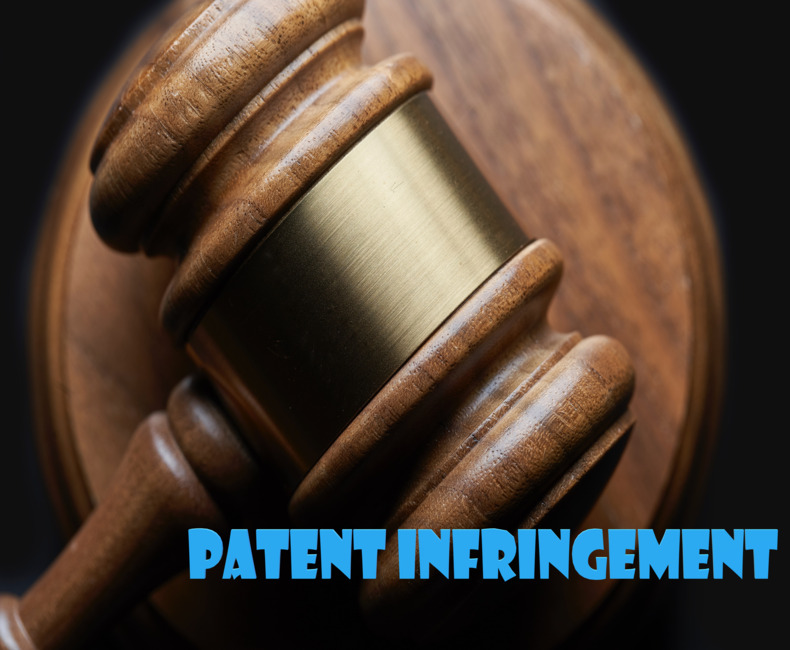Patent Infringement and It’s Types
What is Patent Infringement?
Patent Infringement is nothing but a violation of a Patent owner’s right by a third person. A patent is an exclusive right granted to an inventor or an applicant. It allows an inventor or patent owner to manufacture, sell, offer, distribute, mortgage the invention, etc. What if someone sells, imports, uses, or makes a product without the inventor’s permission? That is called Patent infringement. Patent infringement is easy to do, as all the patent information is public and accessible to anyone. Even though it is simple, the act is illegal. The act of infringement can lead the infringer to trouble, as the patentee can sue the infringer for infringement with demands for monetary compensation. Third parties can use patented inventions for commercial gains either by getting a license from the patentee or getting their appropriate consent for a specific use. Let’s have a look at various aspects of the topic.
Types of Patent Infringement
The various types of patent infringement occur when a person or business uses full or a part of a patented idea, method, or device without the owner’s permission. Patent infringement could involve either using or selling the patented invention or idea.
The following are the types of patent infringement:
Direct Infringement
Someone creates the product without the patent holder’s permission. The infringer doesn’t have to know that the patent exists for the patent owner to sue him or her for direct infringement. That person can’t make, use, offer, sell, or import a patented invention whether or not he or she knows a patent exists.
Indirect infringement
The infringer did not directly infringe on the patent but may have encouraged or helped to infringe on the patent.
Induced infringement
This refers to inducing or persuading someone to make a patented invention. This term is often used in the same way as indirect infringement.
Contributory infringement
Someone provides a part of a product to help someone else infringe on a patent. That part or product must not have any other reasonable use.
Literal infringement
To prove literal infringement in court, all elements of a defendant’s device or idea must be present in the patented one.
Willful infringement
Willful infringement means that another person or company purposely used someone else’s patented ideas or products. A simple way to disprove willful infringement is to hire a patent attorney, who presumably will inform their client if the infringement is about to occur. It’s common for a court to award treble damages in cases of willful infringement, which can serve to prevent it due to its size.



aqua sculpt
**aqua sculpt**
aquasculpt is a premium metabolism-support supplement thoughtfully developed to help promote efficient fat utilization and steadier daily energy.
prodentim official website
**prodentim official website**
ProDentim is a distinctive oral-care formula that pairs targeted probiotics with plant-based ingredients to encourage strong teeth, comfortable gums, and reliably fresh breath
herpafend
**herpafend**
Herpafend is a natural wellness formula developed for individuals experiencing symptoms related to the herpes simplex virus. It is designed to help reduce the intensity and frequency of flare-ups while supporting the bodys immune defenses.
men balance pro
**men balance pro**
MEN Balance Pro is a high-quality dietary supplement developed with research-informed support to help men maintain healthy prostate function.
neurosharp
**neurosharp**
Neuro Sharp is an advanced cognitive support formula designed to help you stay mentally sharp, focused, and confident throughout your day.
best interior design companies 2026
Superb post but I was wanting to know if you could write a litte more on this topic? I’d be very thankful if you could elaborate a little bit more. Kudos!
fdertol mrtokev
Wohh exactly what I was looking for, regards for putting up.